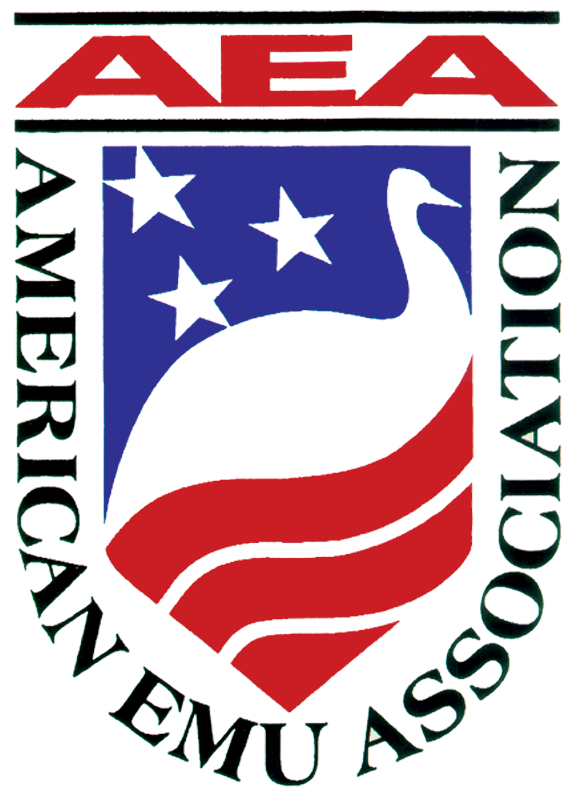Acyl composition of muscle membranes varies with body size in birds.
The acyl composition of phospholipids from pectoral muscle of eight species of birds, ranging in size from the 13 g zebra finch to the 34 kg emu, were measured and combined with recent published results for a 3 g hummingbird. This represents an approximately 11000-fold range in body mass. Muscle phospholipids, and thus muscle membrane bilayers, from birds had a relatively constant unsaturated acyl chain content of 62% but exhibited a significant allometric decline in unsaturation index (number of double bonds per 100 acyl chains) with increasing body mass. There was a significant allometric increase in the percentage of mono-unsaturates and a significant allometric decline in the percentage of n-3 polyunsaturates with increasing body mass, whilst there were no significant allometric trends in either percentage of n-6 or percentage of total polyunsaturates in bird muscle. The relative content of the highly polyunsaturated docosahexaenoic acid (22:6 n-3) showed the greatest scaling with body mass, having an allometric exponent of -0.28. The contribution of this n-3 polyunsaturate to the unsaturation index varied with body size, ranging from less than a 6% contribution in the emu to approximately 70% in the hummingbird. Such allometric variation in the acyl composition of bird muscle phospholipids is similar to that observed in mammals, although birds have fewer n-3 polyunsaturates and more n-6 polyunsaturates than do mammalian phospholipids. This allometric variation in phospholipid acyl composition is discussed with respect to both the metabolic intensity and lifespan of different sized bird species.
PMID: 12364409 [PubMed – indexed for MEDLINE]
J Exp Biol. 2002 Nov;205(Pt 22):3561-9.

Founded in 1989, The American Emu Association is a non-profit trade association representing breeders, producers and marketers of emu meat, oil and other emu co-products. The emu industry is an alternative agricultural industry, dominated by the small farmer, who is devoted to humane and environmentally positive practices that will produce beneficial products for society. For more information about the American Emu Association (AEA) or the emu industry visit http://aea-emu.org